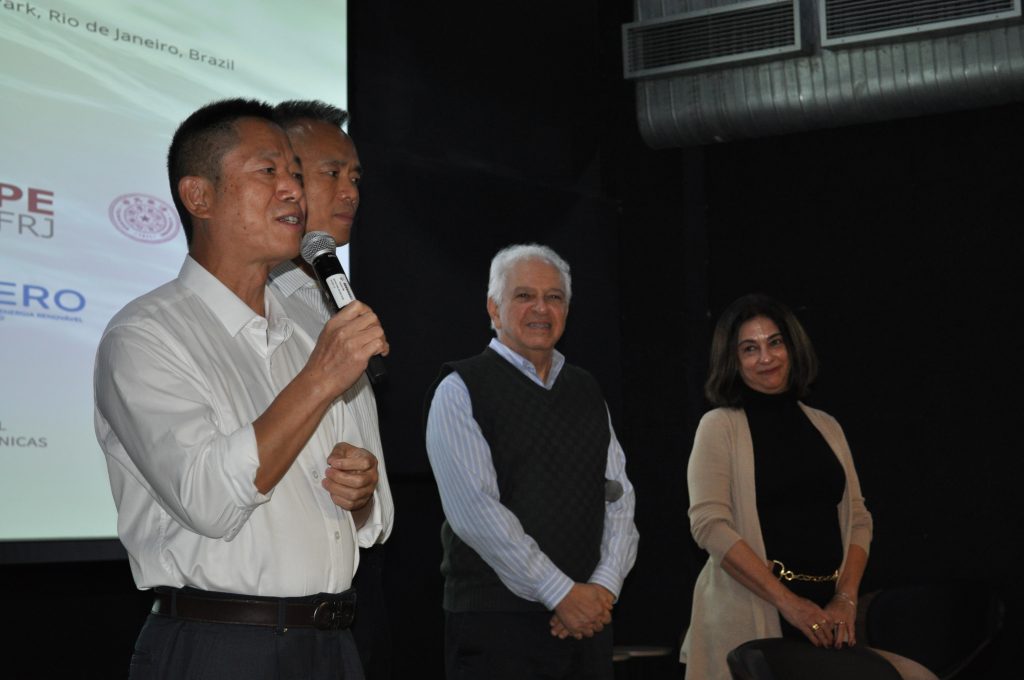Coppe and Tsinghua debate offshore technology research
Planeta COPPE / Blue Economy / Low Carbon / Ocean Engineering / News
Date: 29/08/2024

Coppe/UFRJ and Tsinghua University promoted, on august 15th and 16th, the China-Brazil Workshop on Offshore Technology. The event, held in Inovateca’s auditorium, at UFRJ’s Science Park [Parque Tecnológico], had presentation of ongoing research in several laboratories at Coppe, the Chinese university and also the China National Offshore Oil Corporation (CNOOC), the largest Chinese company in offshore oil exploration.
The workshop was supported by CNOOC as well as the China-Brazil Center for Climate Change and Innovative Technologies for Energy and the National Institute for Oceanic Research (Inpo).
Professor Mengluan Duan, from the China University of Petroleum, highlighted that the closeness represented by the workshop marks a new stage for the sino-brazilian collaboration between Coppe and Tsinghua University, which ranges from Pequim to Shenzhen, and granted a special thanks to professors Carlos Levi and Segen Estefen (both from Coppe’s Ocean Engineering Program). “It is thanks to your effort that China is so successful in deep water oil and gas development in the South China Sea. And that is why we have four state-owned companies here that are all successful in the local development of oil and gas alongside Petrobras”.
Coppe’s director for Technology and Innovation, professor Marysilvia Costa, highlighted that there are “many interaction areas where we can work together and expand our collaboration field”.
The event featured the participation of professors from different academic programs at Coppe, who presented their laboratories and research themes. On the 15th, professor Paulo de Tarso presented the Ocean Technology Laboratory (LabOceano); professor Milad Shadman presented the Offshore Renewable Energies Group (GERO); researcher Fabio Hochleitner presented the Laboratory of Computational Methods in Engineering (Lamce).
On the 16th, professor Su Jian presented the Simulation and Engineering Methods Laboratory (Lasme); professor Murilo Vaz presented the Ocean Structures Core Laboratory (NEO); professor Jean-David Caprace presented the Simulation Laboratory of Shipbuilding Processes (Labsen); professor Alessandro Jacoud presented the Control and Automation, Application Engineering and Development Laboratory (Lead); professor Fernando Souza presented the Laboratory of Structural Analysis and Reliability Offshore (Laceo) and professor Marcio Almeida presented the Multiuser Centrifuge Modeling Laboratory (LM²C).
The workshop also had presentations by chinese researchers Mengluan Duan, Bin Bin Li, Yutao Guo Facheng Wang; Ran Liao; and Zhongkun Ouyang.
